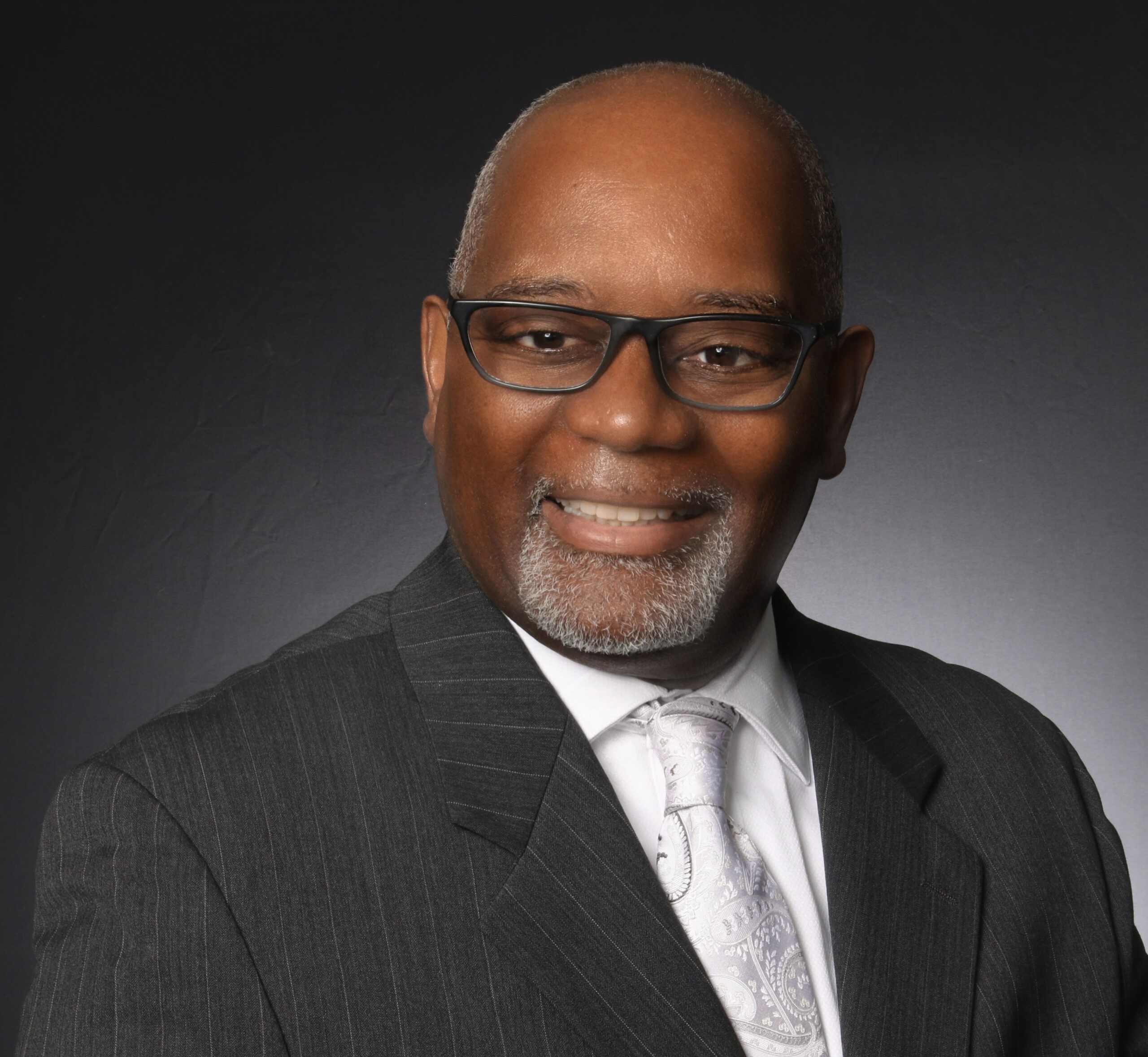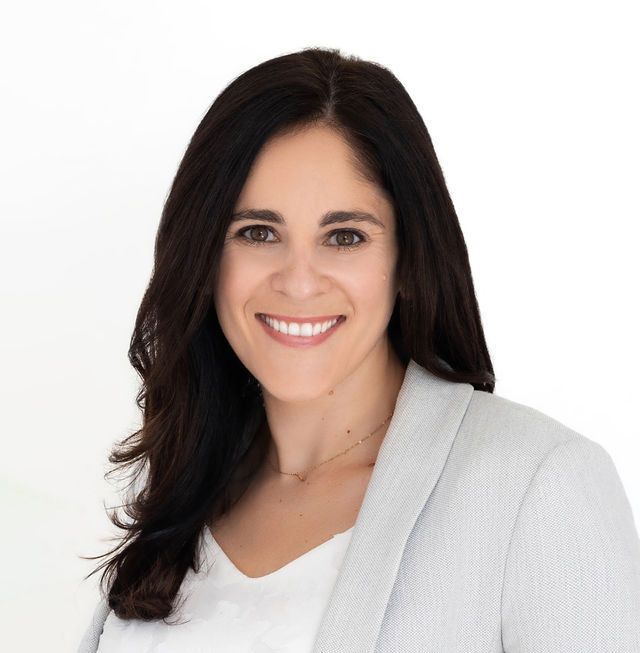In my last column, we explored the value of having a mentor. This month, we’ll go deeper with a step-by-step process to help you find one.
First, be introspective and truly understand your strengths and weaknesses. This will help you identify a mentor who can help you leverage and maximize those strengths and help you bolster the areas where you need improvement.
Second, after you’ve done some self-analysis, identify someone who knows you and is skilled in the area(s) you need assistance in. For example, one of my mentors had extraordinary people skills and a very high EQ, or emotional quotient. This is one of my numerous areas for improvement and I learned a great deal from her.
Last, after you’ve selected a prospective mentor, speak with them and ask if they have the desire, and time, to work with you. Tell them why you chose them and how you believe they can help you. After gaining agreement, inform them that you intend to make the best use of their time by limiting your sessions to one hour and you’ll have a specific list of questions and/or topics to discuss during each session. In other words, you’re not just meeting to “pick their brain.”
I suggest meeting with your mentor for one hour at least once a month for at least three months—with six months preferential. If a person is suitable as a mentor, they’re likely to be busy, so make sure to get an agreement that they can keep this commitment for the duration.
Come to each meeting (in person, by phone or videoconference) prepared, stay within the allotted time and show gratitude.
There is useful guidance in the old adage “to whom much is given, much as expected.” Once you’ve secured a mentor to give you their time and knowledge, it will be time to pay it forward to someone else. Explore your community, church, company, etc., and identify someone who might benefit from your immense expertise and experience.
I can tell you from personal experience that helping someone in this way will likely be one of the most rewarding things you’ve done.
Start your search for a mentor. Today’s action item is to create a shortlist of prospective mentors. Then, reach out to them. These initial conversations will be the first steps on your journey to partner with someone who can aid you in taking your business or career to the next level.
G. Deon Bradley is a national business consultant and executive leadership coach. He is one of only 10% of certified coaches in North America and has a track record of more than 30 years. He helps clients get results and enhance their careers and/or businesses. Contact him at bradleycoaching.com.










